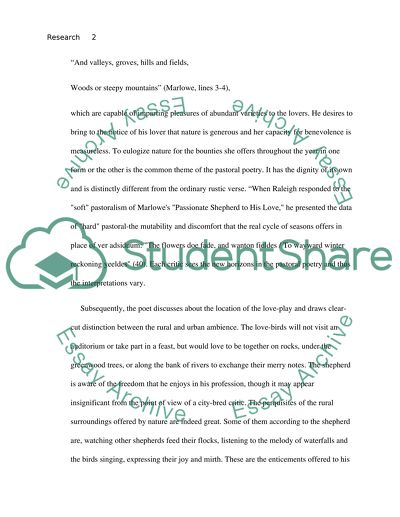Cite this document
(“Research Paper for The Passionate Shepherd to His Love Essay”, n.d.)
Retrieved de https://studentshare.org/english/1480216-research-paper-for-the-passionate-shepherd-to-his
Retrieved de https://studentshare.org/english/1480216-research-paper-for-the-passionate-shepherd-to-his
(Research Paper for The Passionate Shepherd to His Love Essay)
https://studentshare.org/english/1480216-research-paper-for-the-passionate-shepherd-to-his.
https://studentshare.org/english/1480216-research-paper-for-the-passionate-shepherd-to-his.
“Research Paper for The Passionate Shepherd to His Love Essay”, n.d. https://studentshare.org/english/1480216-research-paper-for-the-passionate-shepherd-to-his.


